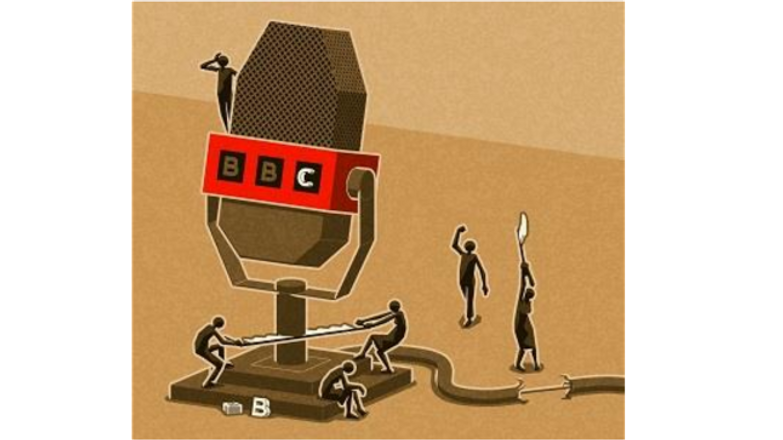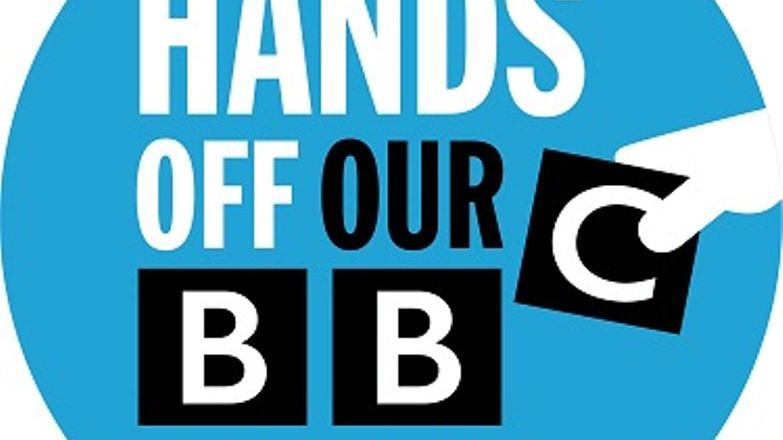Government must drop TV licence inquiry and support BBC's public service broadcasting
The BBC's future must be sustainable and protected.
The government must ditch its inquiry into whether to decriminalise non-payment of the TV licence.
It was always a complete distraction and appeared to be prompted by a wing of the government which wants to "whack" the corporation. While the consultation period ended on April 1, the NUJ says the inquiry must be dropped. The estimated cost to the BBC if decriminalisation is adopted is between £200m and £500m.
Michelle Stanistreet, NUJ general secretary, said:
"It's time for the government to set aside this consultation into the decriminalisation of the licence fee. Only ever an ill-motivated act of political sabotage, such an exercise is now completely out of keeping with the times we are in. Whatever its detractors may feel in their hearts, no one can deny that the BBC has risen to the challenge posed by this pandemic and demonstrated its worth, day in day out, as a vital and valued British institution.
"Journalists and programme-makers are working around the clock to ensure the public is kept fully informed, engaged and entertained during the most uncertain and challenging of times. We should all be proud, but more importantly there needs to be meaningful action and support if the BBC is to sustain itself. The measures it has rightly taken – to defer consultations over job losses caused by the last licence fee settlement, and to put off changes to licences for the over 75s – come with a financial toll that the BBC, its staff and the public should not have to pay.
"The political conversation needs to change, to acknowledge the vital role that our public service broadcaster plays, particularly at a time of national crisis, and work collectively to ensure that its future is sustainable and protected."
The Covid-19 emergency has shown just how important it is to have trusted news sources and a public service broadcaster which has put in a huge range of extra measures to inform, educate and entertain the public. The BBC has deferred payment of the licence fee for the over-75s, at a cost of over £80m, and postponed cuts of £40m in news which would have resulted in 450 job losses.
It has also shown itself to be a responsible employer by putting in place measures to protect staff, those on fixed-term contracts and has set up a central fund for self-employed freelances.
People are clearly turning to the BBC for news during this crisis, with a third of the population watching the BBC News at Six and digital audiences increasing, with more than 40m unique UK browsers daily. The Prime Minister's statement on Monday 16 March was watched by 18m on the BBC.
BBC local radio stations have launched the Make a Difference campaign which puts people in need of help in touch with volunteers and, as ever, is acting as a friend especially to those who live on their own. The corporation has increased its collection of box-set offerings on iPlayer, launched a virtual arts festival, Culture in Quarantine, and provided families forced to school their children from home with more BBC Bitesize content and a daily educational programme for different key stages. Across all its stations, platforms and by podcast, the BBC is providing advice on everything from helping people protect themselves against the virus to healthy eating on a low income and keeping fit. An online "explainer" on the virus' symptoms was read 50m times.
The BBC, together with the other UK TV stations and newspapers, is playing a vital role in holding the government to account during the Covid-19 emergency.
In its response to the government consultation, the NUJ pointed to David Perry QC's 2015 report, TV Licence Fee Enforcement Review, which said the present system was a "broadly fair and proportionate response" to evasion and provided good value for money for licence-fee payers and taxpayers. In 2018, no one was imprisoned for not paying their TV licence; this number was five in 2017, 21 in 2016, and 23 in 2015.

NUJ response to DCMS consultation on decriminalising TV licence evasion
NUJ responds to "deliberate and ideologically motivated act of sabotage".

Hands Off Our BBC
Why we need to promote & protect the BBC and public service broadcasting
